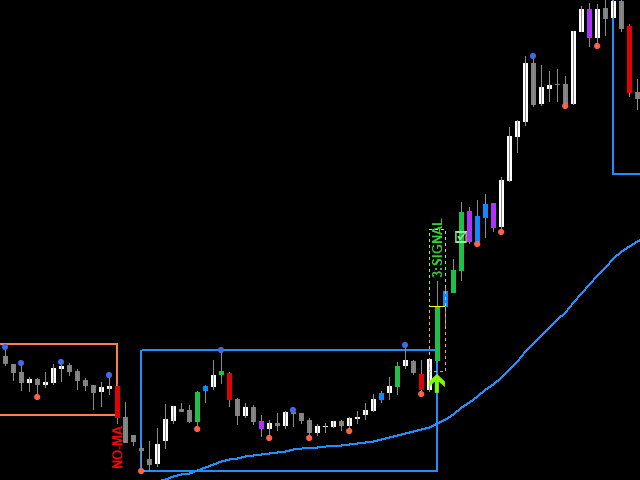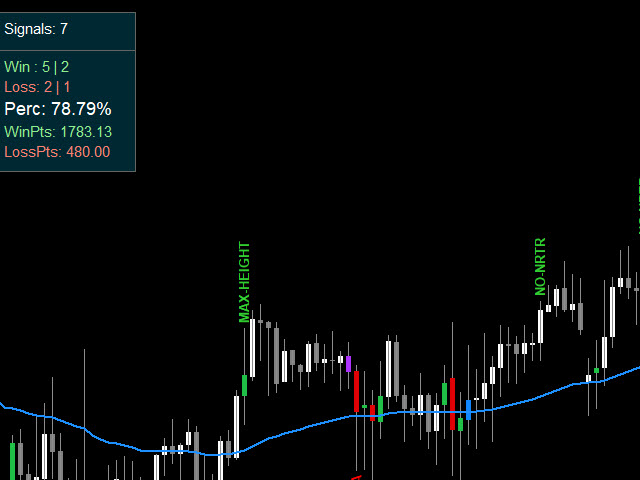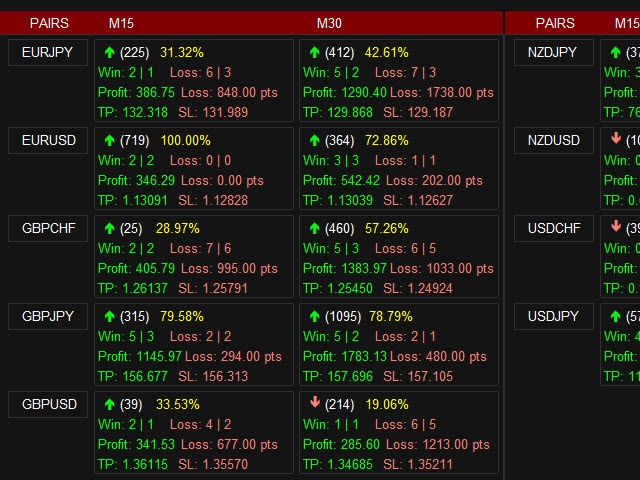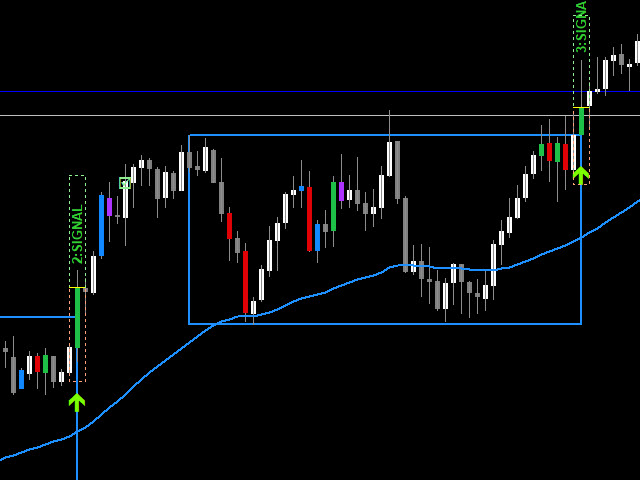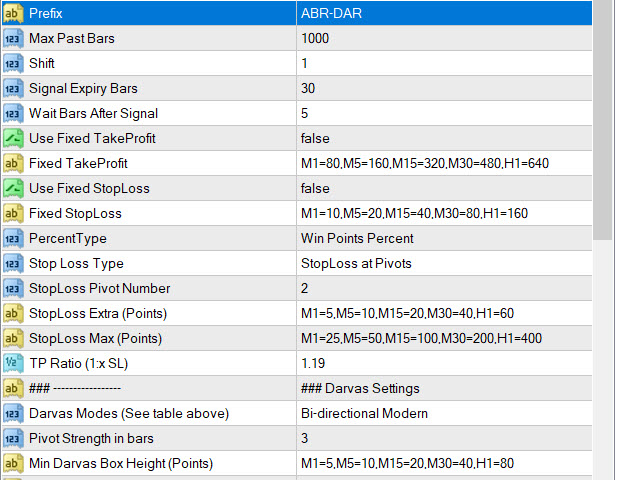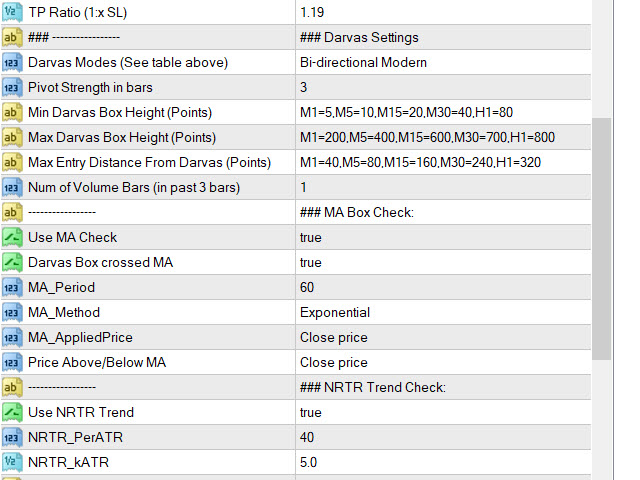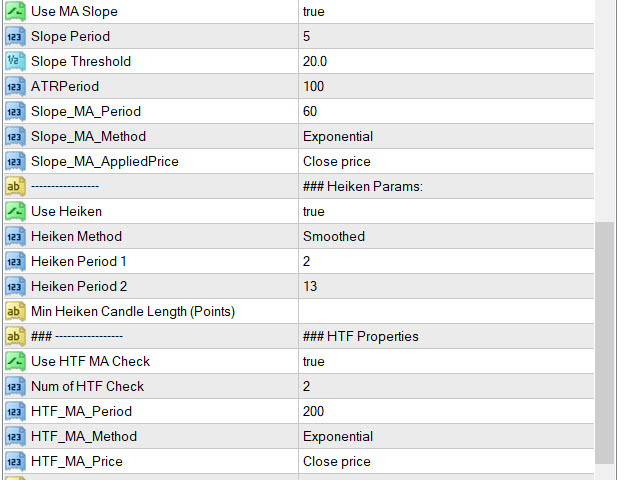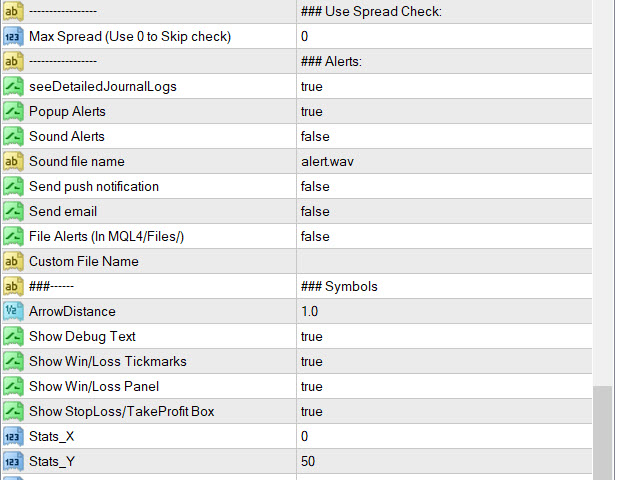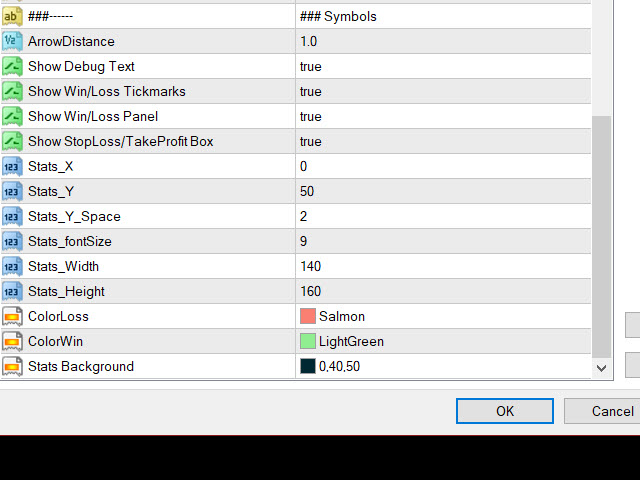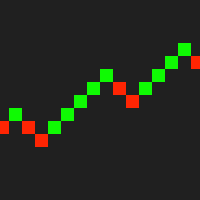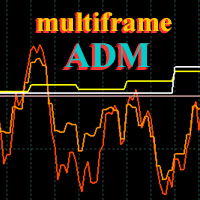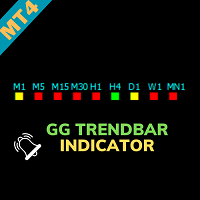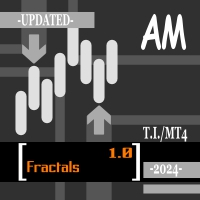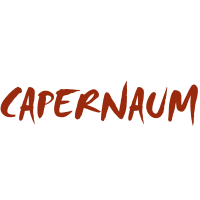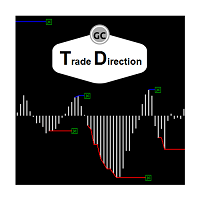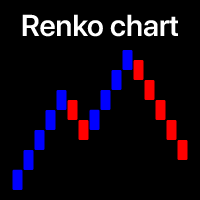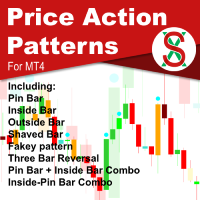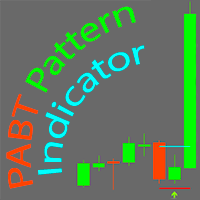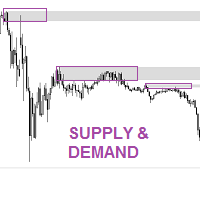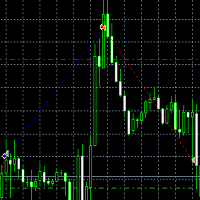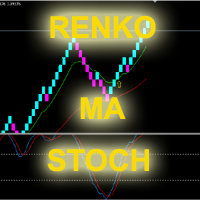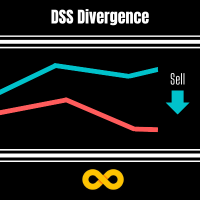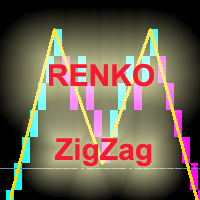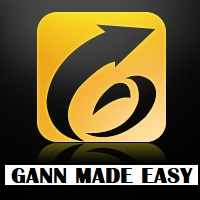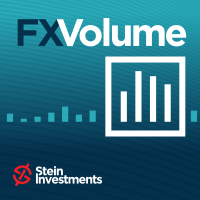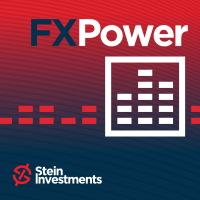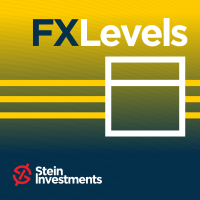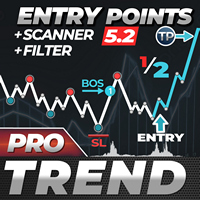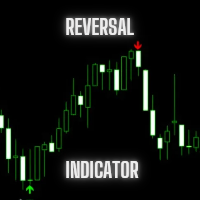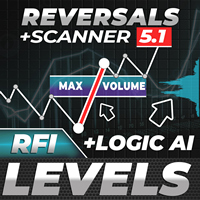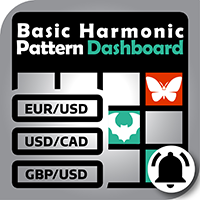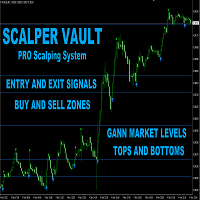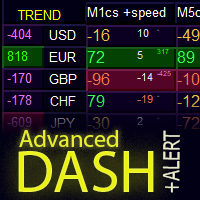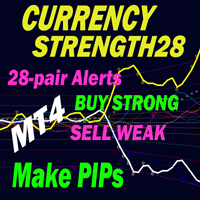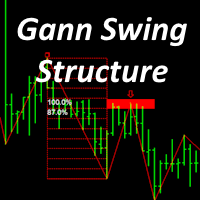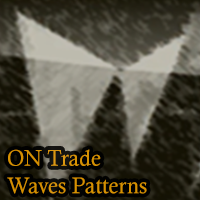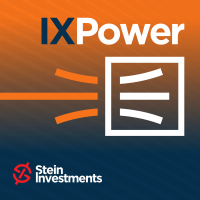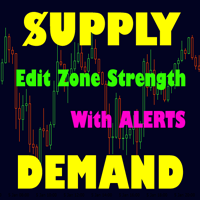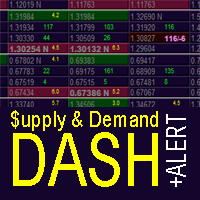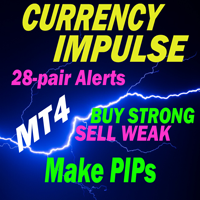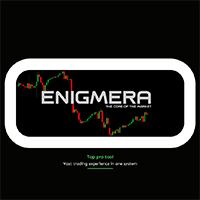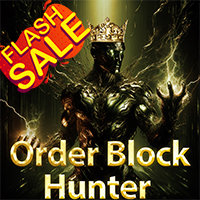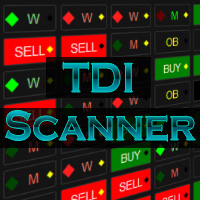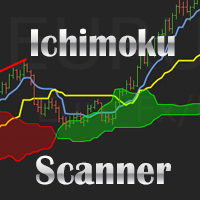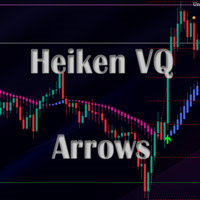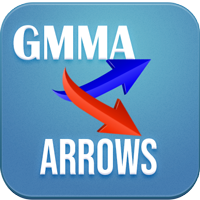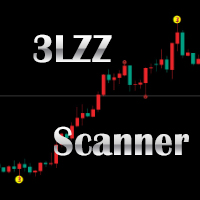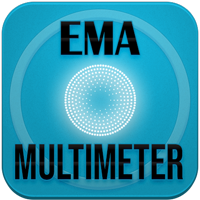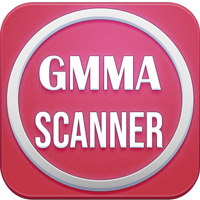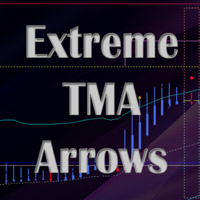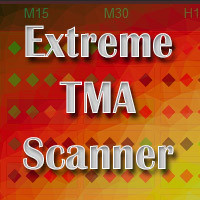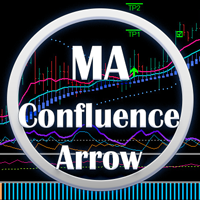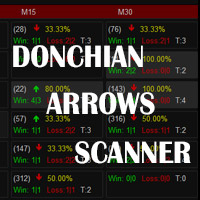Abiroid Darvas Arrow
- 지표
- Abir Pathak
- 버전: 1.1
- 업데이트됨: 15 2월 2022
- 활성화: 20
This strategy is best used for Trend based trading. While market is trending, price still makes smaller ranges.
Darvas boxes show breakouts from these small ranges, while still following the original market trend.
Detailed Description:
https://www.mql5.com/en/blogs/post/747919
Features:
Darvas - Check Darvas Box Breakout
- Check Price Above/Below MA or Darvas Box has crossed MA
- Min, Max Box Height
- Max Distance Between Entry Price and Darvas Box
Other Indicators:
- NRTR Trend Check
- Heiken Trend Check
- MA Slope Check
- Max Spread Check
HTF:
- Higher Timeframes Price and MA check
SL/TP:
- Fixed Stop Loss and Take Profit Option
- Variable Stop Loss at Darvas Box or Darvas Pivots or selected MA
- Calculation of Profit Loss Points and Win/Loss Count and Profit Percentage
- Debug Texts on bars to show why signal skipped
Detailed Understanding:
Min/Max Box Height:
You can define the best box heights using this for each timeframe. Leave blank to remove these checks.
Use crosshair tool to calculate Min/Max heights or distances:
Max Entry Distance From Darvas (Points): The Distance used is points between Darvas box nearest edge and Entry price (close price) at arrow signal bar.
This distance should be less than specified points in this setting. Leave blank to remove this check.
MA Check:
For BUY check if price is above MA, and for SELL check if price is below MA.
If Darvas Box crossed MA true, Darvas box Top should be above MA and bottom below MA. This is because price always retraces back to MA. So starting a trade with a box near MA will give best results.
Price Above/Below MA: Price type to be checked. Keeping Close price is best here.
Num Volume Bars: You can select 0-3 bars. And it will check total past 3 bars for high volume. Suppose this number is 2, then out of 3 bars (including signal bar), at least 2 should have high Volume.
It uses the indicator VolumeCandles.ex4 for Volume calculations. Available above in downloads section.
NRTR Check:
Check NRTR Trend. If Trend is Upwards there will be a blue line and Downwards trend has a red line.
MA Slope Check:
Use slope check to see if that MA is sloped Up or Down for Buy or Sell.
For Buy, it will check if slope is above the Slope Threshold. For Sell, it will check if slope is below the negative -Slope Threshold.
It uses the Radian Normalized Slope type for finding the MA’s slope. Normalizing the slope values are necessary, so that all timeframes have similar slope values.
Since this slope is normalized, it’s values can change a little over time.
But slope is calculated only once for all bars at the beginning. And then only for new bars since then. So there is no repainting. But if you reload the indicator all over again, then slope values might change.
Heiken Check:
Use Heiken to check if current heiken trend is aligned with signal direction. Set Heiken period 2 value as more like 13, for smoother heiken and longer trends.
Set heiken period 2 value as low like 4 for smaller trend scalping.
Min Heiken Candle Length (Points): To check that Heiken candle body is at least this minimum length. Leave blank to keep this check off.
Values should be like
M1=5,M5=10,M15=20
and so on, for all timeframes you are using. Please use crosshairs tool to find best heiken ashi lengths. Note that keeping heiken candles very smooth will cause it to have very small body.
So keep this check off, if using Heiken Smoothed like with earlier example of 2 and 13 period.
Higher and Lower Timeframes MA Check:Check if price is above MA (UPTrend) for BUY and below MA (Downtrend) for SELL on selected number of Higher Timeframes.
If current timeframe is H1 and Num of HTF is 2, and signal is BUY, then it will check if H4 and D1 both for an Uptrend. And vice-versa for SELL.
When finding longer trends, it is better to check if current TF trend is aligned with higher timeframe trend.
SL/TP Calculations:
Fixed SL and TP Distances (Main)
Variable StopLoss: At Darvas Box Edge
Or at Last number of Pivot points. Suppose Num is 2 Pivots. Then it will find the lowest/highest of the 2 pivots for BUY/SELL and place SL.
Or at MA which is used for the MA Check
StopLoss Extra Points: These points will be added to the calculated Stop Loss
Other Features:
Debug Text to show Why a Signal is skipped
Select Start Shift and Max Past Bars to Scan
Adjust Arrows
Refresh Every given number of Ticks

